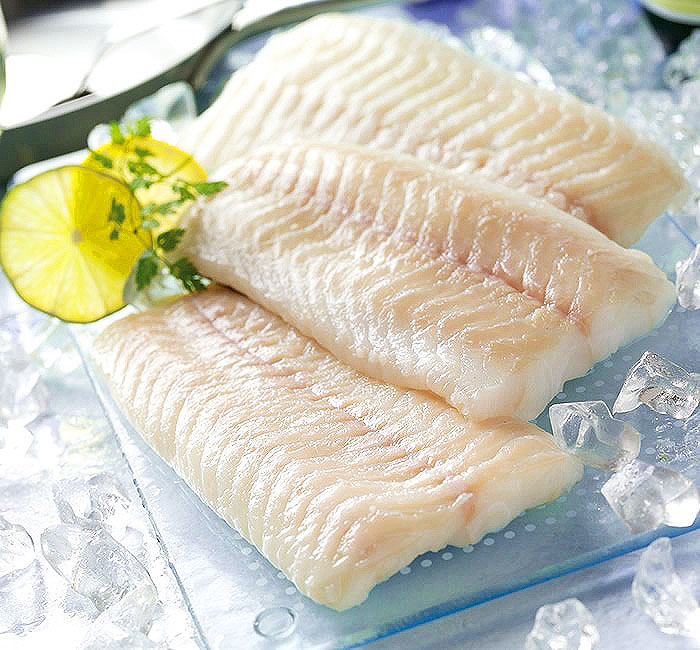Myths and Truths of fish consumption
Fish does not fill: MYTH
Although it is true that it is digested faster than meat, it all depends on its preparation.
A good accompaniment with mashed potatoes and pumpkin, or a rich sauce with vegetables can help you change your perspective.
Also, did you know that an Argentine eats, on average, 70 kilos of meat per year, and only 7 kilos of fish? A more balanced diet can help us improve our health, and above all, not fall asleep after lunch!
Fish is expensive: It is not so
Although historically it was an expensive product of the basic food basket, currently, in relation to the price of meat, chicken and pork, fish is a good alternative for the table, and for the pocket.
Fish is a healthy food. TRUE!
Most fish are healthy sources of protein, with less saturated fat, total fat, and calories than a similar serving of beef or poultry.
Fish are a good source of omega-3 fatty acids, which have been shown to be important for brain function.
In addition, by consuming at least two servings of fish per week, the risk of coronary heart disease is reduced.

Bon appetit: Advantages of fish
This nutritious food supports the heart and protects the brain, all its benefits.
By Timothy Gower
5 REASONS TO EAT FISH!
1. Strengthen your memory
Helps strengthen memory and attention of children and adults.
2. Protect your heart
Fish is rich in vitamins, antioxidants, and minerals that have the ability to lower bad cholesterol, triglyceride levels, and raise good cholesterol in your body.
3. It gives you energy
It is proven by science that it gives you the energy you need to be able to carry out your daily activities, making it an excellent option for those who exercise.
4. Ally of your metabolic health
The consumption of these products is highly recommended for those who live with diabetes or fatty liver, due to their nutritional benefits.
5. Rich in antioxidants
All fish and shellfish are good, but those that are fatty contain more Omega 3 and antioxidants, such as trout, sawfish and salmon.

Is frozen fish just as nutritious as fresh?
Properly frozen fish maintains the same nutritional benefits as fresh fish. Both provide proteins, minerals and omega 3, among other nutrients, which contribute to the proper functioning of the body and make this food ideal at any stage of life. Freezing serves to preserve the fish for a long time, thus preserving its original quality.
Depending on the type of product, white fish (hake, sole, etc.) can last about two months frozen. Meanwhile, dark meat fish (bonito, salmon) for no more than a month because it is fattier.
When you decide to thaw the product for consumption, the best option is to put it in the refrigerator between 8 hours and 24 hours before its preparation. In this way, all the fish will defrost evenly and each piece will maintain the same degree of freshness.
"Fish that has previously been thawed should never be frozen again," warns specialist D'Janira Paucar, nutritionist for the national program "A Comer Pescado" of the Ministry of Production in Lima.


